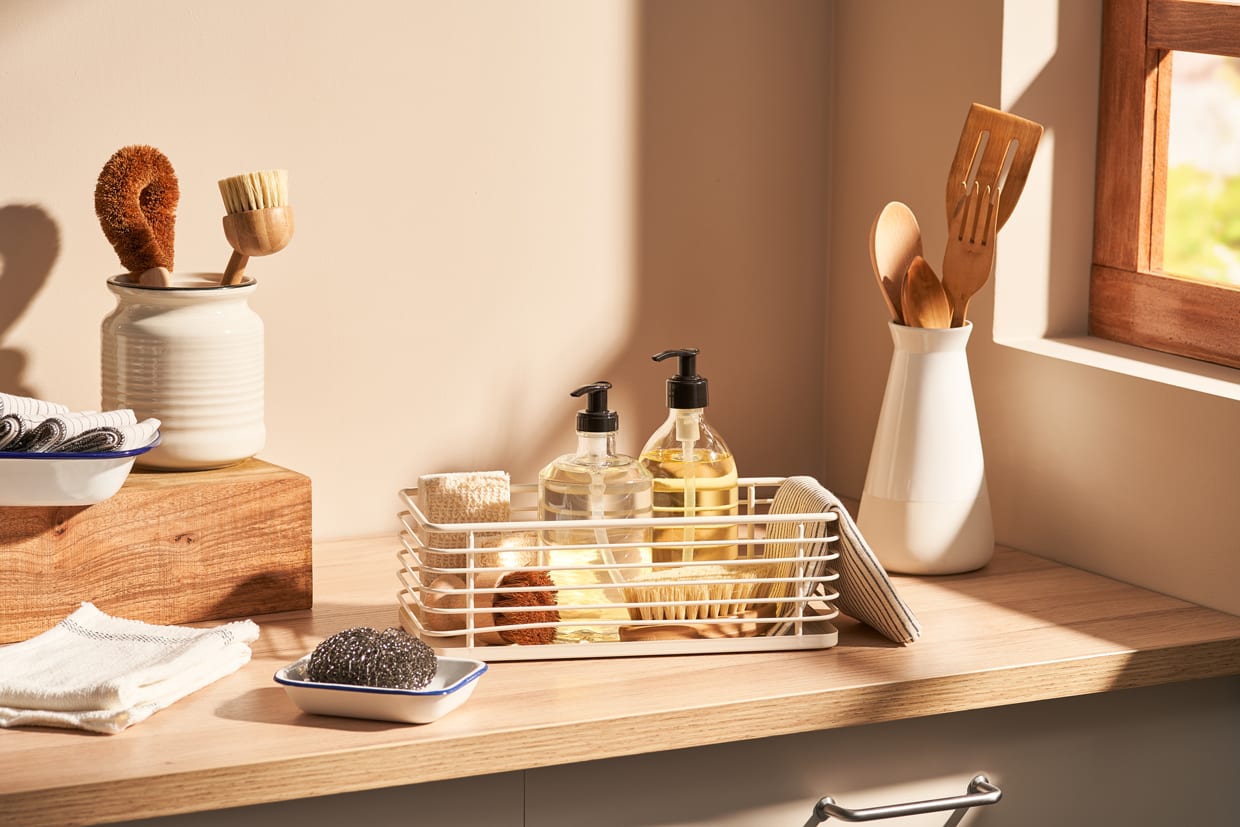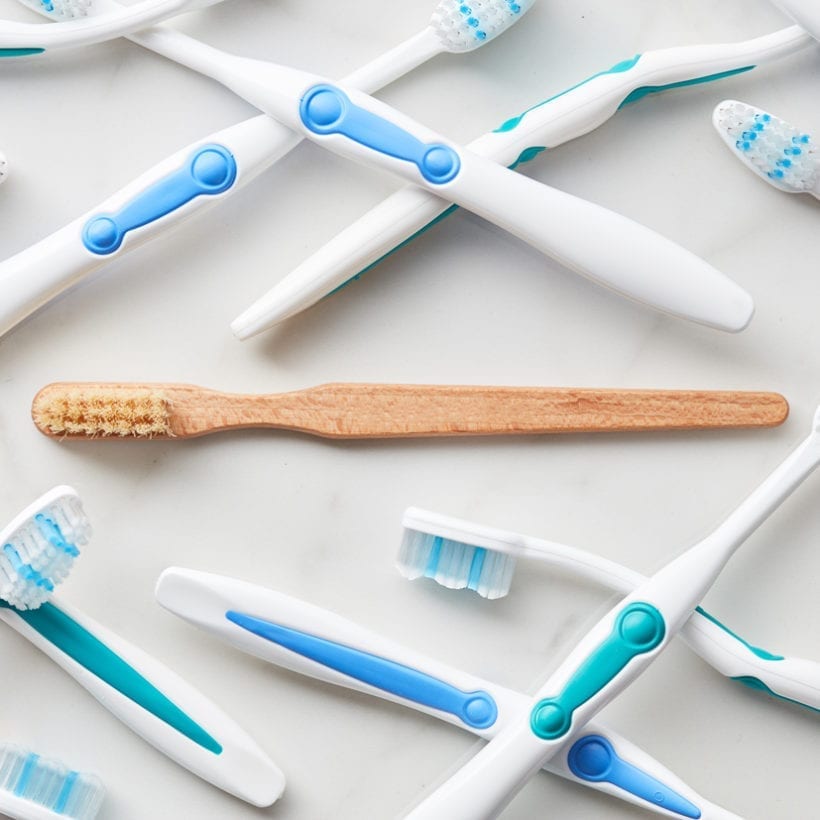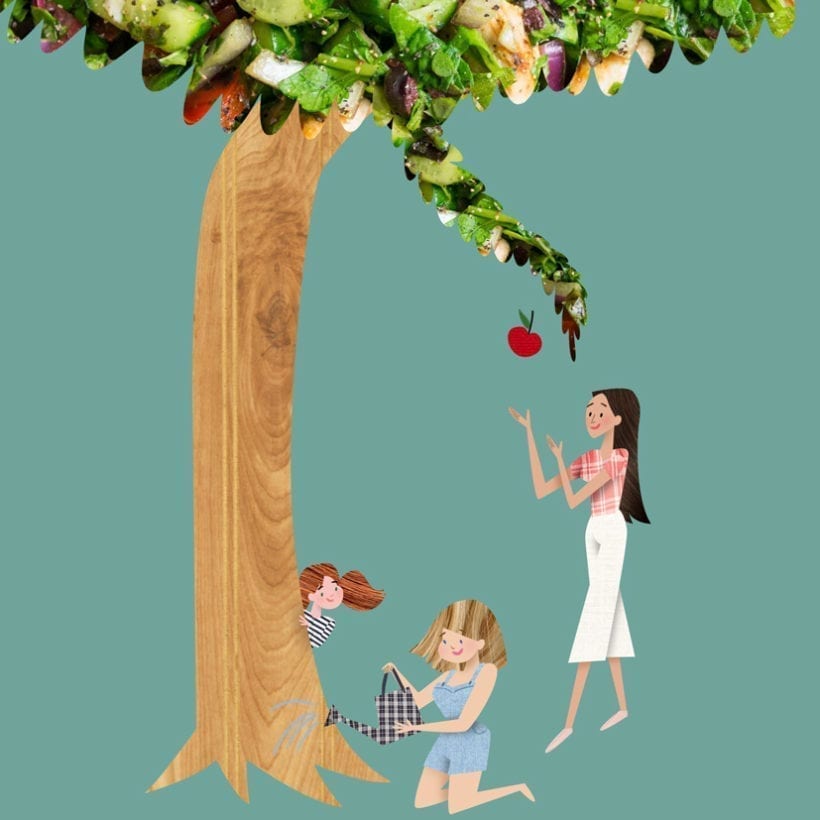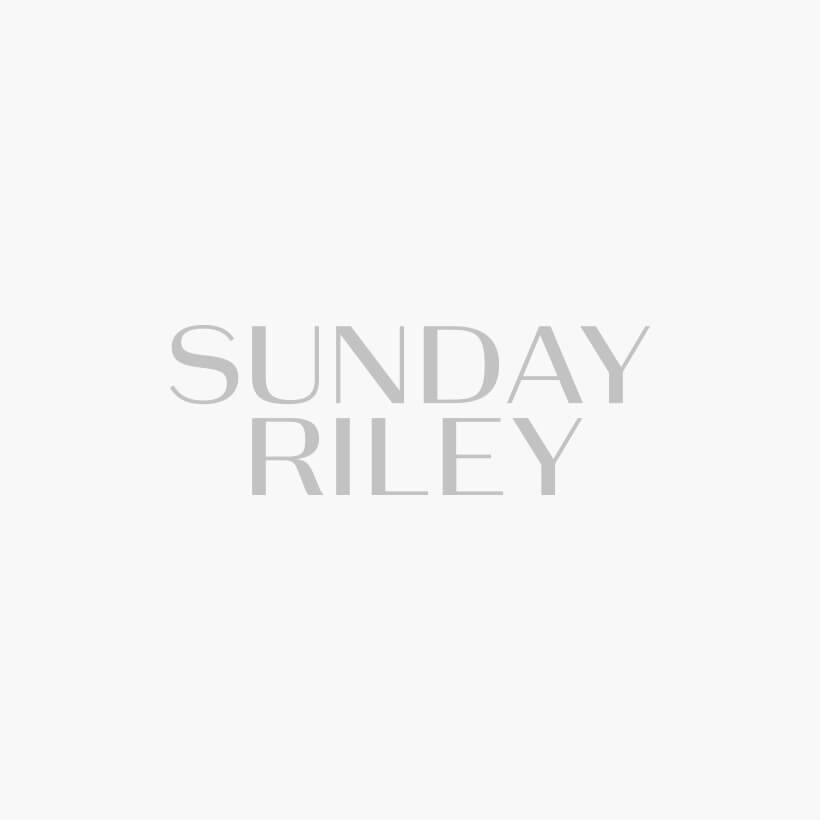Who else here has deep cleaned their home multiple times the past couple of weeks? I am washing my hands repeatedly, leaving my shoes outside and changing as soon as I get home. I am a mixture of Lysol and paranoia. However, what if I told you that the household cleaners you are using are not so clean after all. Surprisingly, there is very little regulation in the United States about what goes into our cleaning products. Currently, the FDA and USDA focus on “in-me” and “on-me.” “In-me” centers around organic food, which is highly regulated. “On-me” centers around personal care items because there is that skin to skin contact that absorbs into your body. But “around me,” i.e., the cleaners you use in your home, have remained a grey area. I spoke with Ryan Lupberger, the CEO of cleancult, on what it has been like redefining clean.
How did you come up with the idea to start cleancult?
Ryan Lupberger: I am from Boulder, Colorado, so I have always been kind of crunchy at my core. One day I looked at the back of my laundry detergent and didn’t see any ingredients listed. No one in the U.S. regulates this space. Once we identified that most cleaning products were dirty, we started looking at the alternative brands on the market: Myers, Method, Seventh Generation. The issue is that they all use plastic packaging, and it didn’t make sense to me that a “better for the world brand” would use that much plastic at scale. I began to wonder what if we could create a brand that had cleaner packaging, cleaner ingredients and actually cleaned. We then figured out how to put soap in a milk carton, and we are the only company in the world that can do this.
https://www.instagram.com/p/B_Sqgy4BiTI/
What are some problems with the current industry?
RL: As we know, the skin is our largest organ — if you’re washing your clothes or hands several times a day, you need something that is free of harsh chemicals and unknown ingredients. The Environmental Working Group (EWG) researched more than 2,000 common cleaning products and is alarmed at the lack of federal oversight in cleaning supply ingredients. It’s a problem for our health and well-being. In the U.S., we have an unregulated cleaning industry and hundreds of potentially harmful cleaning products on store shelves because some lobbyist/company is making a profit from it. cleancult is looking to shed light on this issue by being transparent with our ingredients and R&D. The EPA states that chemicals like 1,4-dioxane can also still be found in most laundry detergents – “1,4-Dioxane is a likely human carcinogen and has been found in groundwater at sites throughout the United States. The physical and chemical properties and behavior of 1,4-dioxane create challenges for its characterization and treatment. It is highly mobile and does not readily biodegrade in the environment.”
Coconut is the key ingredient in your products. Why coconuts?
RL: We did a huge search around the world to figure out what the cleanest ingredients were and came across coconuts. They are super clean, sustainable to farm at mass scale and have phenomenal antifungal, antiviral and antibacterial properties. It is the cleanest ingredient we can introduce to our products that really cleans.
How have you been cleaning your home with all the worries around COVID-19?
RL: Personally, I’ve been using our all-purpose cleaner at least once a day to wipe down all my surfaces. I still go grocery shopping, so I’m aware that these might have some not so good germs at a time like this. So, I make sure to wash all surfaces before and after food prep.

What do you recommend we pay extra attention to?
RL: As a team, we recommend you wash your hands for longer than you expect. Most people assume that when it lathers, it’s safe, but it takes time to break the molecules and germs down. So, we recommend singing “Happy Birthday” while doing it — by the time the song finishes, you’ll have had about 20 to 30 seconds, and it’s a nice way to track the time. It also lightens up the mood a bit. I’ve been doing it personally, and while a bit ridiculous, it seems to help.
Why is it essential to constantly use soap?
RL: It’s very important to use soap for a couple of reasons. Firstly, if you’re out of your home, you’re unwittingly picking up a lot of germs, and in a time like this, you’ll want to keep your hands clean. Secondly, even if we don’t realize it, you’re constantly touching your face. Even if we’re cognizant about not, it’s human nature to do so, especially if you wear glasses, so we recommend always keeping your hands clean as it’s a direct link. Finally, using soap helps you to not knowingly affect others. Some people don’t know if they have had COVID, and using soap helps prevent the spread.
What are some things to look out for when buying cleaning products at the grocery store?
RL: There are three main things to look out for when shopping. First, look at the packaging. How much plastic is [there]? Over 40 pounds of plastic per family per year gets thrown out. Then look at the chemicals, so many brands use ingredients that are considered carcinogenic by the U.S. Department of Health. I would dive into the Environmental Working Group when looking at cleaning products to review what is safe. There are a lot of unhealthy chemicals, but not all chemicals are unhealthy. Finally, I would look at whether artificial scents are used. A lot of cleaners use high artificial scents, and they are not very safe. It is also important to remember that over three percent of the weight of your clothes is leftover laundry detergent. As you wear it, sleep in it, it directly absorbs into your body. As we know, the skin is our largest organ — if you’re washing your clothes or hands several times a day, you need something free of harsh chemicals and unknown ingredients.
We only recommend products we have independently researched, tested, and loved. If you purchase a product found through our links, Sunday Edit may earn an affiliate commission.







